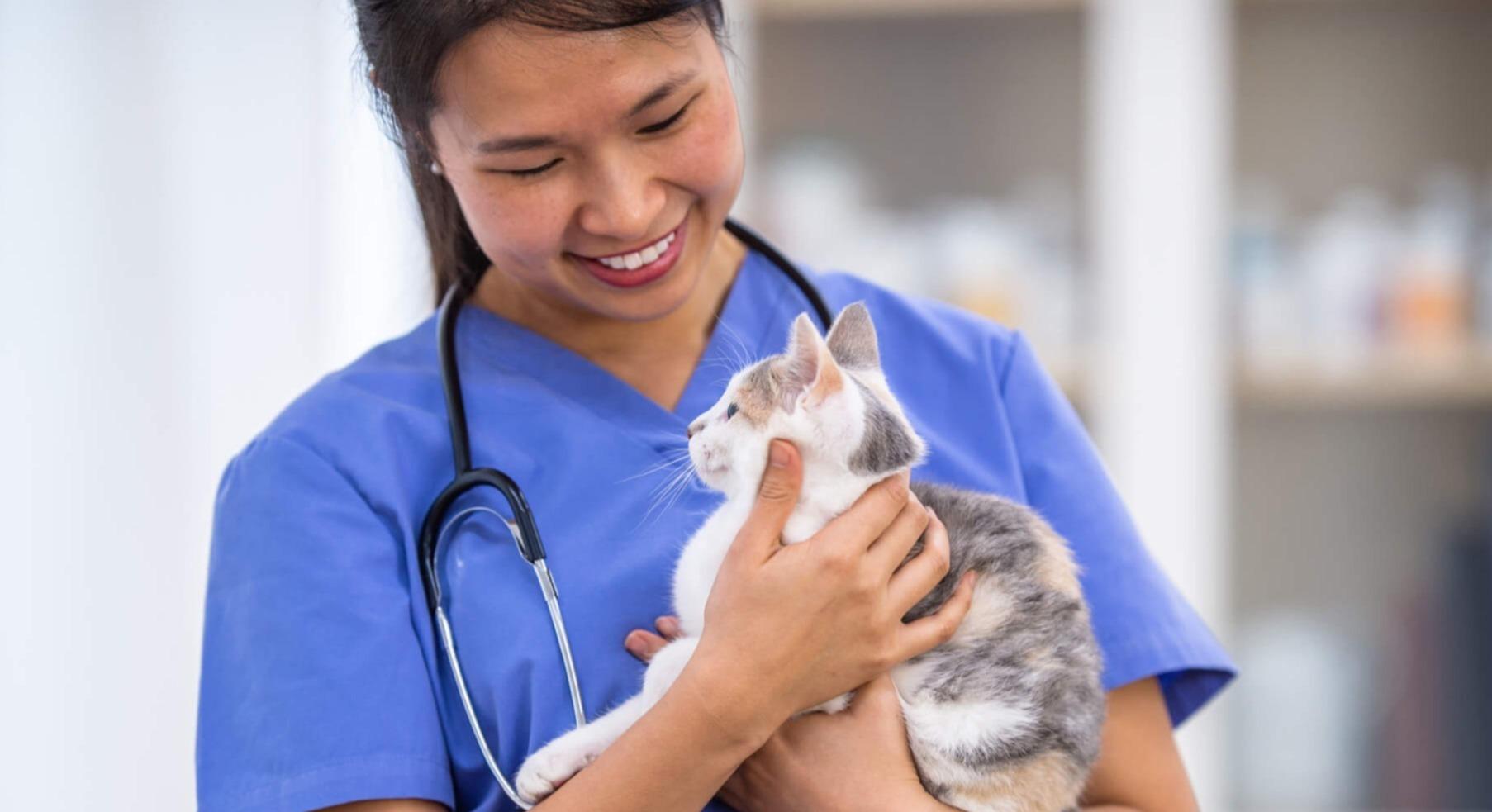Spaying, or ovariohysterectomy, is a common surgical procedure that involves the removal of a female cat’s ovaries and uterus. While it’s a significant decision, it offers numerous benefits for your cat’s health, and well-being, and contributes to reducing the cat overpopulation problem.
What is Spaying?
Spaying is a sterilization procedure that prevents your cat from going into heat and reproducing. It involves a surgical procedure performed under general anesthesia, where the veterinarian removes the ovaries and uterus through an incision in the abdomen.
Why Spay Your Cat?
Population Control: Millions of unwanted cats end up in shelters each year. Spaying your cat helps prevent unwanted litters and reduces the burden on shelters and rescues.
Health Benefits:
Virtually eliminates the risk of uterine and ovarian cancers
Drastically reduces the risk of mammary (breast) cancer, especially if done before the first heat cycle
Prevents reproductive disorders like pyometra (a life-threatening uterine infection)
Behavioral Benefits:
Eliminates heat cycles and associated behaviors like yowling, spraying, and restlessness
Reduces the urge to roam and mate, minimizing the risk of injuries, fights, and exposure to diseases
May help prevent unwanted behaviors like urine marking
When to Spay Your Cat
The general recommendation is to spay your cat around six to seven months of age, before her first heat cycle. However, cats can be spayed at any age, even as adults.
The Spaying Procedure
Spaying is a routine surgical procedure performed under general anesthesia. Your veterinarian will provide pre-surgery instructions, typically including fasting your cat from the night before. The surgery itself is usually quick, and most cats go home the same day.
Recovery and Aftercare
Your cat will likely be groggy and may have a decreased appetite for the first day or two. Your vet will provide pain medication and instructions for post-surgery care, which may include:
Keeping your cat calm and quiet for 10-14 days
Monitoring the incision site for any signs of infection or complications
Using an Elizabethan collar (cone) to prevent licking at the incision
Potential Risks
Spaying is generally safe, but like any surgery, it carries some risks, including those associated with anesthesia and the procedure itself. However, these risks are minimal, especially for healthy young cats. Your veterinarian will assess your cat's health before surgery to ensure she's a good candidate.
Do female cats change after being spayed?
Yes, spaying leads to hormonal changes that can affect a cat's behavior. After spaying, cats are no longer driven by reproductive hormones, leading to a calmer demeanor and a reduced desire to roam and mate. While most cats retain their personalities, some may become less active or exhibit subtle changes in behavior. Additionally, due to reduced activity levels, spayed cats may be more prone to weight gain, so it's important to monitor their diet and exercise1.
What are the disadvantages of spaying a cat?
While the benefits of spaying generally outweigh the risks, some potential disadvantages to consider include5:
Behavioral changes: Although most changes are positive, some cats might experience decreased activity levels or subtle personality shifts.
Timing concerns: The optimal timing for spaying can vary depending on individual circumstances and your vet's recommendations.
Surgical risks: While rare, complications like infection or anesthesia reactions can occur.
How long does it take for a female cat to recover from spaying?
Most cats recover quickly from spaying. The incision usually heals within 10-14 days, and your cat should be back to her normal self within a few days to a week. However, it's important to follow your vet's post-surgery instructions carefully and restrict your cat's activity during the healing period to ensure a smooth recovery6.
Making an Informed Decision
Spaying is a responsible choice that benefits both your cat and the community. If you're unsure about spaying, talk to your veterinarian about the pros and cons, and they can help you make the best decision for your feline friend.
Remember, spaying is an investment in your cat's long-term health and happiness. By preventing unwanted litters and reducing the risk of various health and behavioral problems, you’re ensuring your cat can enjoy a fulfilling life by your side.
About the author
This blog was reviewed by a DVM from the LA-based clinic Eagle Glen Veterinary Clinic. Eagle Glen Veterinary Clinic has been serving pets and pet parents in the LA community for over 25 years! The vets and technicians have a passion for pet care and the skill to give excellent service! Visit https://www.instagram.com/eagleglen.vc/ or https://eagleglenvets.com/index.cfm for more.

With 10 years of experience as a pet parent, I aim to empower pet owners with insights into pet insurance and maintaining their pet's well-being. I aspire to be a trusted source, combining knowledge with a commitment to the welfare of our beloved pets.

Eagle Glen Veterinary Clinic has been serving pets in LA since 1988! The vets and technicians have a passion for pet care and the skill to give excellent service! Visit https://www.instagram.com/eagleglen.vc/ or https://eagleglenvets.com/index.cfm for more.
Do Female Cats Change After Being Spayed? (n.d.). In www.madisonanimalcare.com. Retrieved August 22, 2024, from https://www.madisonanimalcare.com/do-female-cats-change-after-being-spayed
Spaying a Cat: Everything You Need to Know. (n.d.). In Small Door Veterinary. Retrieved August 22, 2024, from https://www.smalldoorvet.com/learning-center/medical/spaying-cats-everything-you-need-to-know
Spaying and neutering. (n.d.). In American Veterinary Medical Association. Retrieved August 22, 2024, from https://www.avma.org/resources-tools/pet-owners/petcare/spaying-and-neutering
Spaying in Cats. (n.d.). In VCA Animal Hospitals. Retrieved August 22, 2024, from https://vcahospitals.com/know-your-pet/spaying-in-cats
tom. (2024). Pros and Cons of Spaying: A Comprehensive Guide for Pet Owners. In Roundwood Vets. Roundwood Vets. https://www.roundwoodvets.co.uk/single-post/pros-and-cons-of-spaying-a-comprehensive-guide-for-pet-owners
What to Expect After Your Pet is Spayed or Neutered. (n.d.). In Zoetis Petcare. Retrieved August 22, 2024, from https://www.zoetispetcare.com/blog/article/what-expect-pet-spay-neuter












